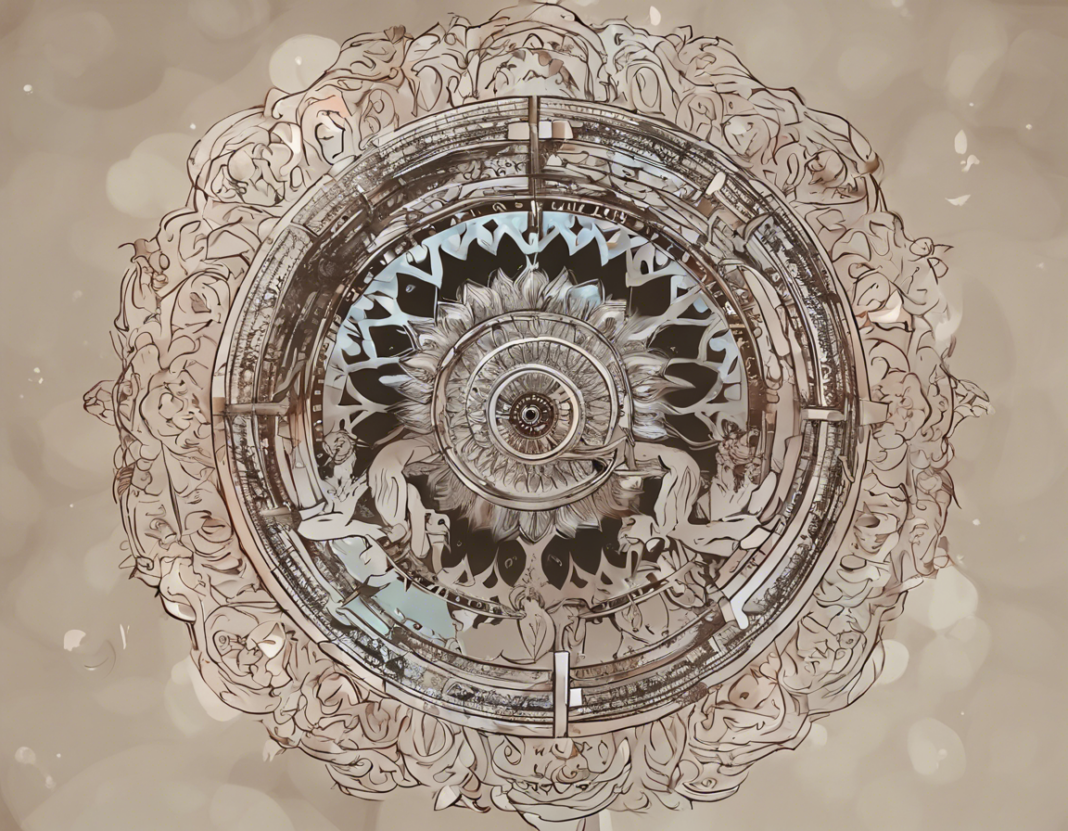On April 8, 2024, a rare and awe-inspiring astronomical event is set to occur – a total solar eclipse. This celestial phenomenon, where the moon completely covers the sun, casting a shadow on Earth, is a visually striking experience that captures the imagination of many. The path of totality, where the eclipse is visible in its entirety, will sweep across North America, offering observers a chance to witness this extraordinary event firsthand.
Understanding a Total Solar Eclipse
A total solar eclipse occurs when the moon passes directly between the sun and Earth, blocking out the sun’s light and casting a shadow on the Earth. This alignment causes the sky to darken as if it were night, revealing the sun’s corona – the outer atmosphere of the sun – in a breathtaking display. Total solar eclipses are rare and highly anticipated events, drawing in spectators from around the world to witness this cosmic spectacle.
Where Will the Eclipse Be Visible?
The total solar eclipse of April 8, 2024, will follow a path of totality that stretches from western Mexico, across the United States, and into eastern Canada. Major cities such as Dallas, Indianapolis, Cleveland, Buffalo, and Montreal will lie within the path of totality, offering millions of people the opportunity to witness this celestial event. Outside of the path of totality, a partial solar eclipse will still be visible to varying degrees across North America, making it a widespread event for sky watchers to enjoy.
Planning Your Eclipse Viewing
To safely view a total solar eclipse, it is important to take precautions to protect your eyes. Looking directly at the sun, even when it is partially eclipsed, can cause serious eye damage or blindness. Specialized eclipse glasses or solar viewers must be used to safely observe the sun during an eclipse. These glasses are equipped with special filters that block out harmful light, allowing you to view the eclipse without risking eye damage.
Tips for a Memorable Eclipse Experience
- Find a prime viewing location: Plan ahead and select a spot within the path of totality for the best viewing experience.
- Check the weather forecast: Clear skies are essential for observing a solar eclipse, so be sure to monitor the weather leading up to the event.
- Arrive early: Popular viewing spots may become crowded, so arrive early to secure your viewing location.
- Capture the moment: Bring a camera or smartphone to document the eclipse and create lasting memories of this unique event.
- Share the experience: Watching a total solar eclipse is a shared experience, so consider viewing it with friends, family, or fellow enthusiasts.
Frequently Asked Questions (FAQs)
-
What is a total solar eclipse?
A total solar eclipse occurs when the moon passes between the sun and Earth, blocking out the sun’s light and casting a shadow on the Earth. -
When will the next total solar eclipse occur?
The next total solar eclipse will take place on April 8, 2024, passing over North America. -
How can I view a solar eclipse safely?
To view a solar eclipse safely, use specialized eclipse glasses or solar viewers that are designed to protect your eyes from harmful solar radiation. -
What is the path of totality?
The path of totality refers to the narrow strip of land where a total solar eclipse is visible in its entirety. Observers within this path will experience complete darkness as the moon covers the sun. -
Can I watch a solar eclipse without eye protection?
No, it is never safe to look directly at the sun, even during an eclipse. Without proper eye protection, you risk serious eye damage or permanent blindness. -
What should I bring to watch a solar eclipse?
Bring eclipse glasses, a chair or blanket for comfort, a camera or smartphone to capture the event, and any necessary supplies such as water and snacks for an enjoyable viewing experience. -
How long does a total solar eclipse last?
The total phase of a solar eclipse typically lasts a few minutes, ranging from seconds to a maximum of around seven minutes, depending on the specific location along the path of totality. -
Why are total solar eclipses so rare?
Total solar eclipses are rare because of the specific alignment required for the moon to pass directly between the sun and Earth, along with the narrow path of totality that limits where the eclipse is visible in its totality. -
What is the significance of a total solar eclipse?
Total solar eclipses have captivated humanity for centuries, inspiring awe and wonder at the majesty of the cosmos. They provide valuable opportunities for scientific study and serve as reminders of the interconnectedness of our solar system. -
How can I prepare for the total solar eclipse on April 8, 2024?
Make a plan to travel to a location within the path of totality, secure proper eye protection, check weather forecasts, and be ready to witness and capture this remarkable celestial event.
As the date of the total solar eclipse on April 8, 2024, approaches, anticipation among astronomers, sky watchers, and enthusiasts continues to build. Don’t miss out on this rare opportunity to witness the beauty and wonder of a total solar eclipse – mark your calendars and prepare for an unforgettable celestial experience.
